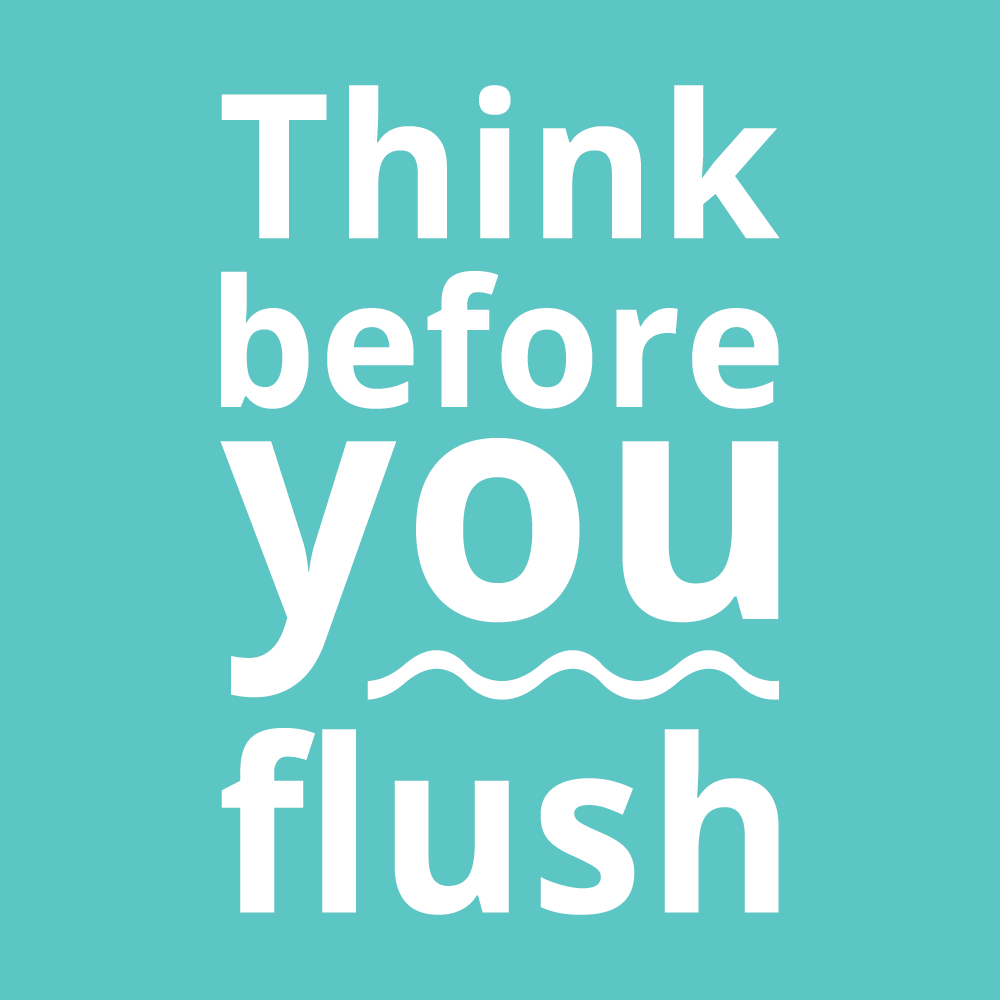Clean Coasts promotes ‘Think Before You Flush’ to help protect and conserve water and biodiversity at the ‘What’s Happening on Inishowen Rivers’ event
Situated at the very tip of the Wild Atlantic Way, thousands of visitors’ flock to Donegal every year to savour its rich culture and heritage and its spectacular mountains, beaches and rivers. Protecting this rich and diverse natural environment is critically important.
Clean Coasts, in collaboration with the ‘Think Before You Flush’ team, attended the ‘What’s Happening on Inishowen Rivers’ event held in An Grianan Hotel, Burt and shone a light on how the public can help protect Donegal’s natural environment and in particular local rivers and coasts. This event brought together stakeholders from across Inishowen and beyond to discuss rivers, river management and take a look at what is happening locally to protect our rivers.
The Think Before You Flush campaign, which is operated by Clean Coasts, in partnership with Uisce Éireann, is now in its seventh year and once again the campaign will work with local communities in Donegal to raise awareness on the issue of flushing unsuitable items down the toilet and the consequences of doing so. We are asking the people of Donegal to only flush the 3P’s – pee, poo and paper – all other waste should go in the bin.
Speaking at the event, Olivia Jones from Clean Coasts said: “Through education and awareness, the Think Before You Flush campaign aims to prevent items like wipes, cotton bud sticks and sanitary items washing up on Ireland’s shores. One of the strengths of the campaign is working with local communities such as Inishowen to spread the message. We know from research carried out that attitudes and flushing behaviours are changing for the better but there is still work to do.”
Talking about the size and scale of the problem associated with flushing the wrong things down the toilet, Anthony Skeffington, Uisce Éireann said: “Everyday people flush items such as wet wipes down the toilet instead of simply putting them in the bin. This causes blockages in our network, pumping stations and wastewater treatment plants. Wipes and other sanitary products should go in the bin even if they are labelled as flushable. A small change in our flushing behaviour can make a big difference to our natural environment and wildlife.
Anthony continued, “Significant progress has been made through our work with Clean Coasts, we have seen a 42% improvement in people’s flushing behaviour. However, almost a million people nationally are still using the toilet as a bin; this includes more than 33,000 in Donegal.”
Join the campaign at https://thinkbeforeyouflush.org/ and follow @CleanCoasts on social media.
